With more and more millennials skipping out on annual health exams in favor of a quick, as needed, visit to an urgent care facility, doctors fear the largest generation in America, may overlook serious health issues. There are 83 million Americans between ages 22 and 37. According to a November 2018 survey by the Kaiser Family Foundation, 45% of those 18-29 and 28% of those age 30-39 do not have a primary care physician. The issue is that health conditions that can be caught early may slip through the cracks.
In addition to debt, some individuals may have jobs that do not offer health insurance which may contribute to the decrease in health screens. In addition to the financial aspect, this generation was raised on the internet. When we got sick as kids, our parents searched for answers online. If we went to the doctor, it was a day of missed school and boring waiting rooms. Now, as adults, millennials want fast, affordable solutions and often take a DIY approach to health.

Healthcare has become an expensive hassle millennials choose to avoid. They would much rather video chat or text a doctor as opposed to missing hours at work. Many prefer to just walk into an urgent care clinic, pay $40 and be done with it quickly. The problem however is that while this approach may be reasonable for treating a sore throat or flu, millennials might be missing an opportunity to discover a bigger problem early on.
A good tip for keeping track of your health screens is to schedule these exams at either the start of the year or your birthday month so you can easily remember when you last went to the doctor for these exams. Here are 5 key health screenings you should complete in 2019.
Blood Pressure Screenings
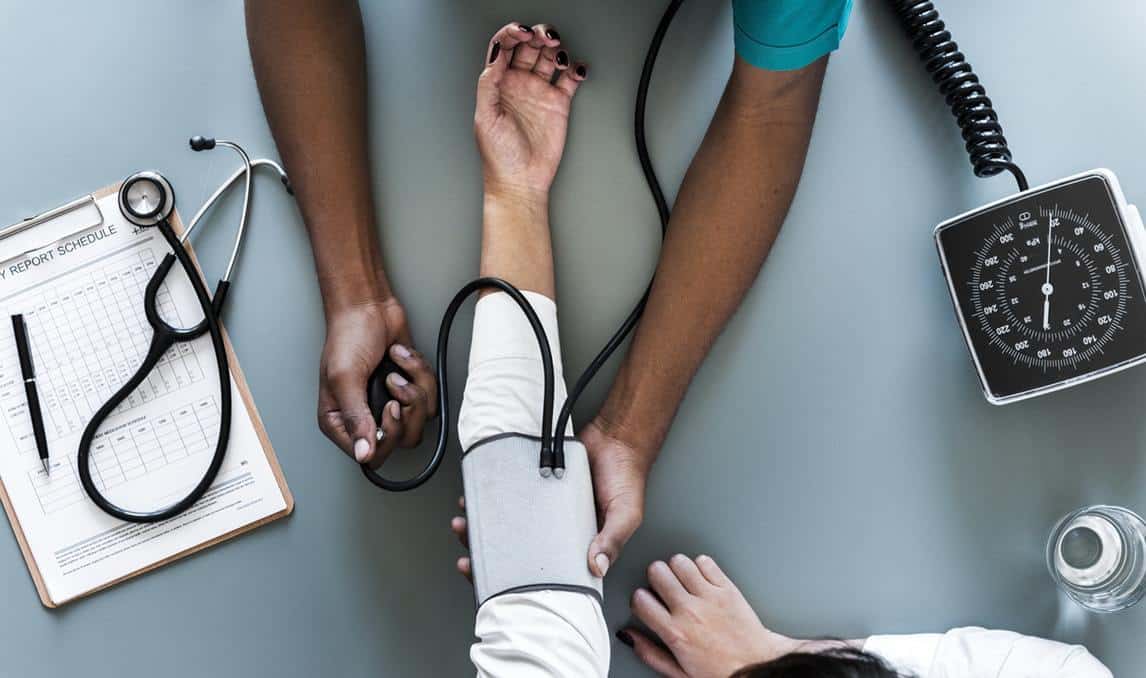
You should get your blood pressure checked out at least once every 2 years. You should receive a blood pressure check annually if the top number is 120 to 139 and the bottom number is between 80 to 89. High blood pressure is linked to diabetes which has really been hitting millennials hard. According to the CDC, between 2001 and 2015, teen obesity rates rose 30%. As kids, millennials were part of a supersize culture. Millennials also did not spend a lot of time going outside to play until the streetlights came on like Gen X’ers did. This all adds up to diabetes and heart disease if not monitored.
Eye Exams
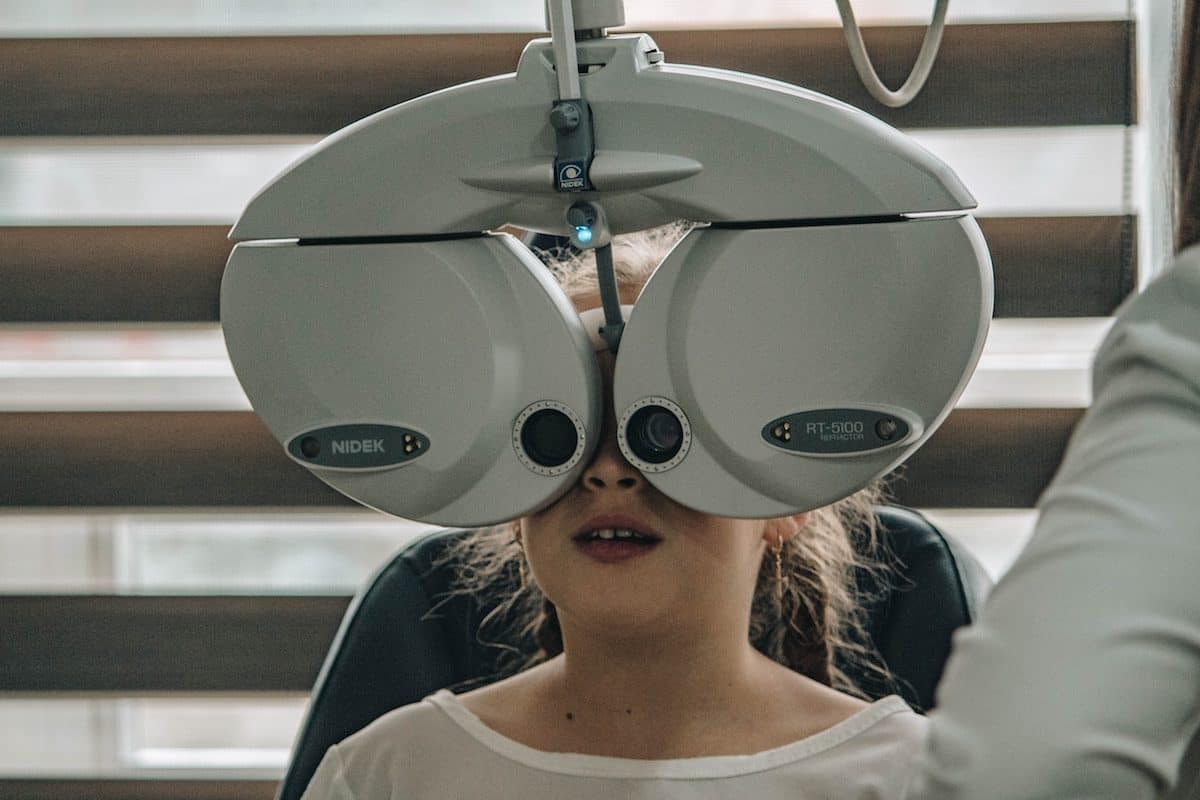
Millennials were raised on technology and their eyes are showing the cost of this. It is estimated that millennials spend over 12 hours per day consuming media, with a majority of it on mobile devices or screens held closer to the eye. This leads to “nearsightedness” or “shortsightedness” where the eye weakens and cannot see clearly at a distance. A lot of millennials will find themselves squinting to see things that are further away, they may have dull headaches, and find themselves rubbing their eyes frequently. A lot of millennials are frequently taking medication for headaches associated with eye strain and neck ache from prolonged computer jobs, which is then leading to other complications.
IBS and Digestive Screenings
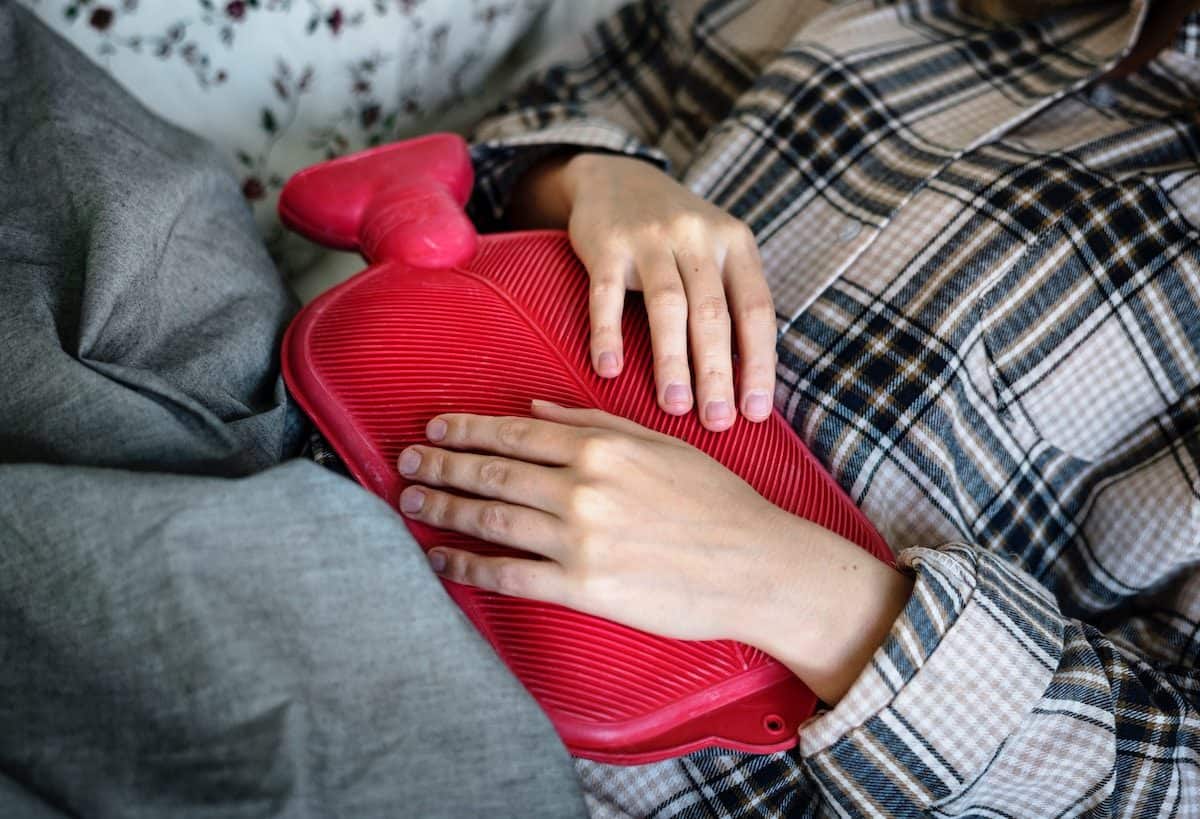
We also need to consider that the food we eat today is full of antibiotics and hormones. Millennials are a generation whose diet is primarily full of processed foods. We see a lot of Celiac Disease (intolerance of gluten). A study in the Journal of the National Cancer Institute, found that from the mid-80s to 2013, the incidence of colon cancer has been rising fastest for people between the ages of 20 and 29, by 2.4 percent per year. The issue is that we have millennials self-treating stomach issues that can be the start of something serious. If you are experiencing chronic stomach pain, see a doctor. Gut health is incredibly important for overall wellbeing.
Mental Health Screening

Millennials are a stressed out generation. According to Psychology Today, suicide rates among young adults have tripled since the 50’s with millennials reporting a sense of “faking it until they make it.” The problem is they feel disconnected from themselves and wrong for the life they are living. They feel as if they are not enough and then they scroll on their Instagram feeds and see people their age with luxury watches and traveling to the Maldives and Dubai which then leads to feelings of hopelessness, stress and depression. They are taking Xanax and smoking marijuana to take the edge off.
The good news is that millennials are willing to discuss their feelings, and studies show that this is the first generation who doesn’t see any stigma in seeing a therapist or mentor coach. Sometimes a break up or a layoff can trigger a downward spiral into depression or even drug or alcohol addiction.
Annual Exam and Immunizations
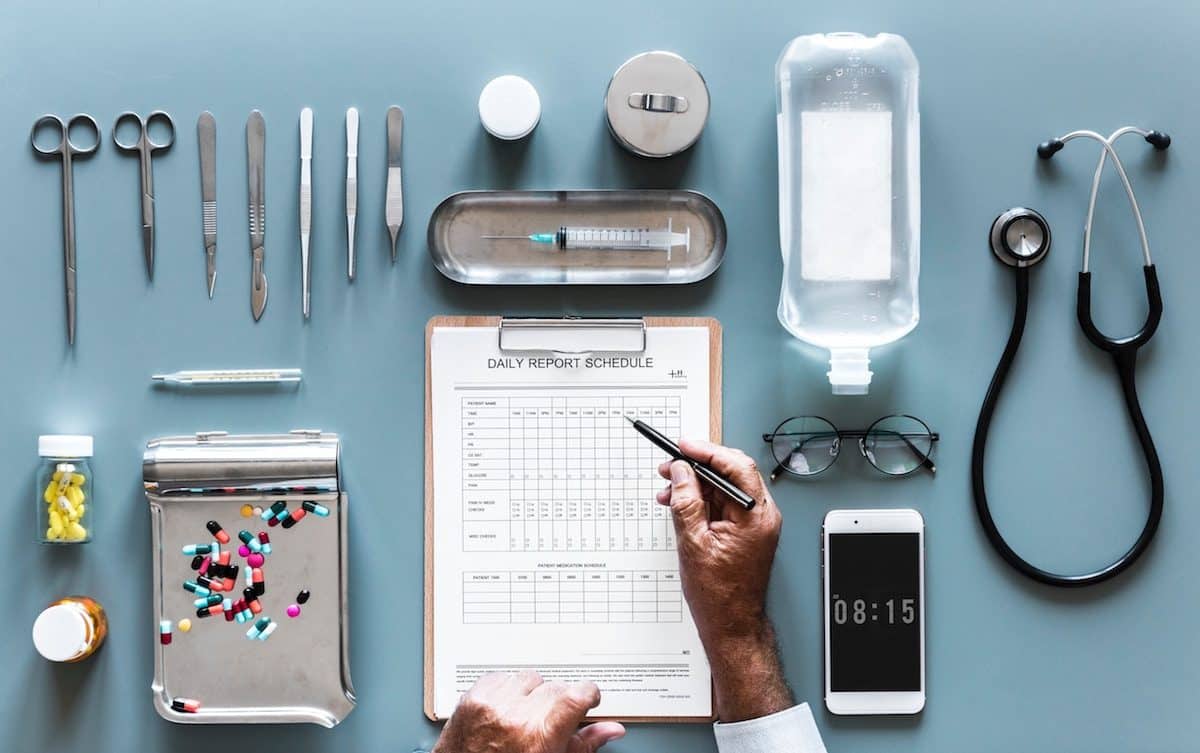
It is recommended that you get the flu shot every year. Another important vaccine is for HPV. The HPV vaccine has expanded coverage and is important to prevent certain types of cancer. Additionally, women should also get a wellness exam each year which includes a PAP Smear, breast exam, screening for STD’s and bloodwork. Other vaccines may also be recommended depending on your health history.
Having a yearly physical is really the only way to complete all the necessary testing and immunizations for remaining in good health. Make sure to actually complete all testing recommended and follow the doctors orders for a happy, healthy new year and future health.
[td_smart_list_end]
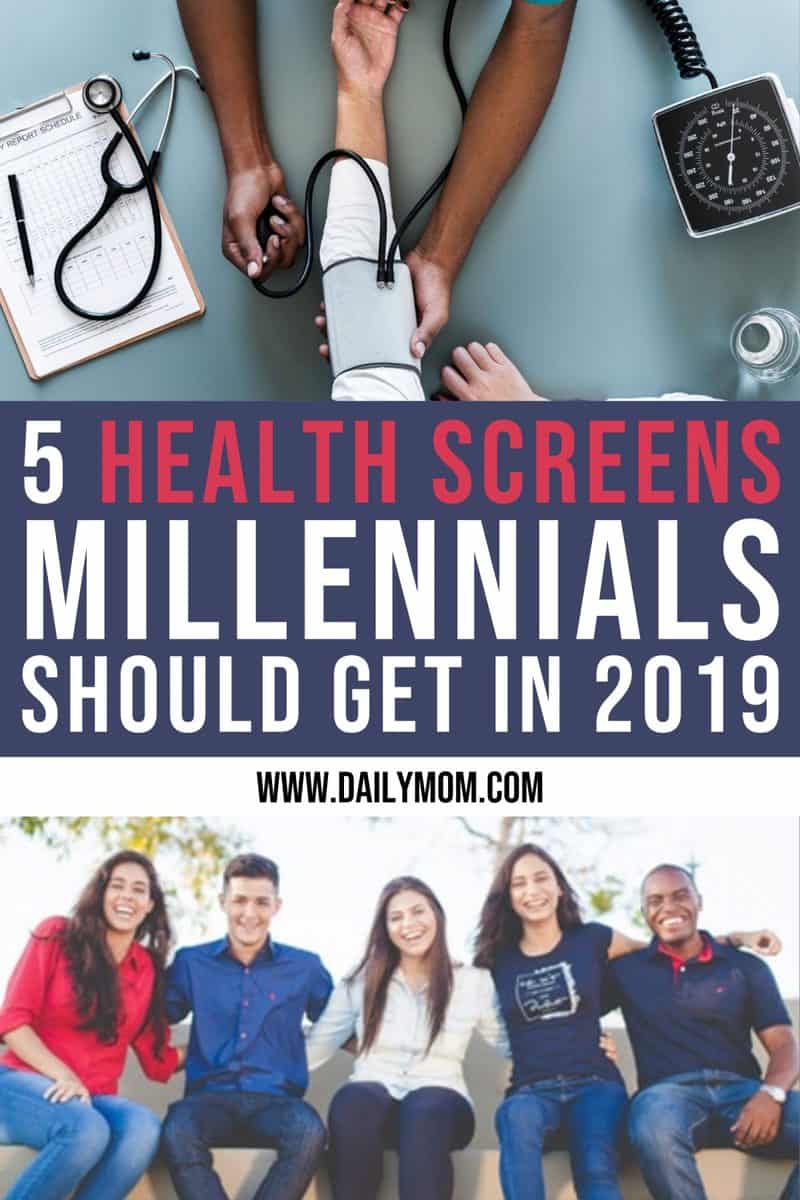
About the author:Dr. Niket Sonpal is an Adjunct Assistant Professor at Touro College of Osteopathic Medicine and Clinical instructor at Kingsbrook Jewish Medical Center, Brooklyn who specializes in Gastroenterology. He is a graduate of the Medical University of Silesia – Hope Medical Institute in Poland. After completing his residency in Internal Medicine at Lenox Hill Hospital, he was selected to be the 2013‐2014 Chief Resident at Lenox Hill Hospital–Northshore LIJ Health System. Dr. Sonpal has completed his Fellowship in Gastroenterology & Hepatology at Lenox Hill Hospital and continues his work in the field of medical student and resident test preparation. He now serves as the associate program director for the Internal Medicine Residency Program at Brookdale University medical center.
He is the co‐author for the best-selling Master the Boards: USMLE Step 2 CK, Master the Boards Step 3, And Master the Boards: Internal Medicine. He is also the Chief Operating Officer for Medquest Test Prep, Director of Medical Education for Picmonic Test Prep, and a recognized expert on medical test prep.









































